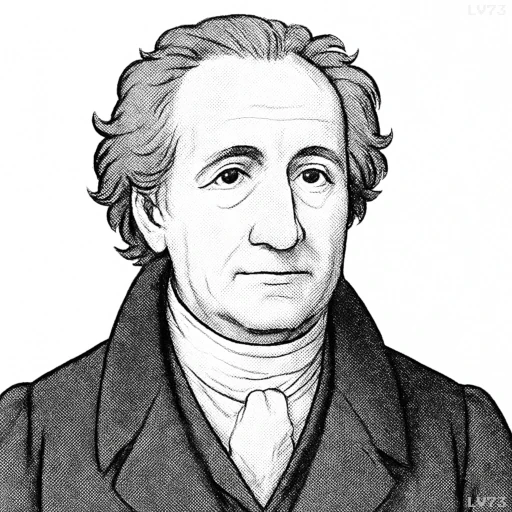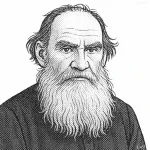“He who enjoys doing and enjoys what he has done is happy.”

- August 28, 1749 – March 22, 1832
- German
- Poet, playwright, novelist, philosopher, politician
table of contents
Quote
“He who enjoys doing and enjoys what he has done is happy.”
Explanation
Goethe emphasizes that true happiness comes not from external rewards or achievements, but from finding pleasure in both the process and the outcome of our efforts. When we engage in an activity with full enjoyment and satisfaction, and can also take pride in what we have accomplished, we experience a sense of fulfillment that transcends mere success or recognition. This balance between enjoying the journey and the destination is what leads to genuine happiness.
Historically, this aligns with the philosophies of self-fulfillment and the idea that contentment comes from within, not from external validation. In Goethe’s time, there was a strong emphasis on personal growth and the inner satisfaction derived from creative and intellectual pursuits. Many of the thinkers and artists of the era believed that true happiness was found in the act of creating and engaging with life, rather than just in achieving a specific goal.
In modern life, this quote resonates with ideas of mindfulness and work-life balance, which stress the importance of finding joy in the process rather than becoming overly fixated on the end result. For instance, someone who enjoys their work—whether it’s in art, writing, or entrepreneurship—and takes pride in the effort itself, rather than simply the accolades, tends to feel more fulfilled and less stressed. This approach can lead to greater resilience and satisfaction over time.
Goethe’s words encourage us to find joy not just in the outcome of our efforts but in the work itself, making happiness a product of living with passion, purpose, and presence in all that we do.
Would you like to share your impressions or related stories about this quote in the comments section?



